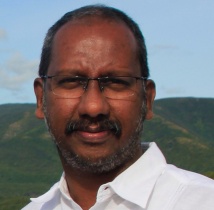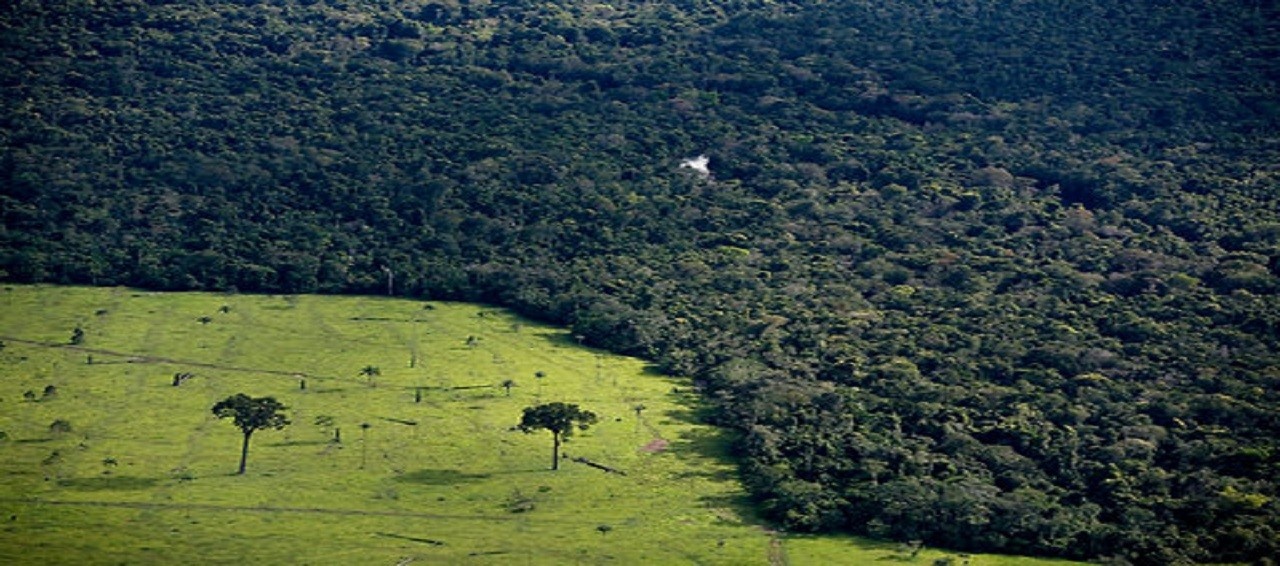Nissim Mannathukkaren
Professor, Undergraduate Advisor

Email: nmannathukkaren@dal.ca
Phone: 902-494-2110
Mailing Address:
Marion McCain Building
6135 University Ave.
Dalhousie University
PO Box 15000
Halifax, NS, Canada
B3H 4R2
Office location:
Room 3038, Marion McCain Building
Education
- BA (Politics, Economics, History) Bangalore University
- MA (Political Science) Jawaharlal Nehru University
- MPhil (Political Science) Jawaharlal Nehru University
- PhD (Political Studies) Queen's University
Research Topics:
- Democracy and democratic backsliding
- Hindu Nationalism
- Post-truth
- Left and communist movements
- Development and democracy
- Modernity
- Politics of popular culture
- Marxist and postcolonial theories
- Kerala and India
Books
Hindu Nationalism in South India: The Rise of Saffron in Kerala, Editor (Routledge, 2024).
Communism, Subaltern Studies, and Postcolonial Theory: The Left in South India (Routledge, 2021).
The ‚ÄėRupture with Memory‚Äô: Derrida and the Specters that Haunt Marxism, Navayana, 2006.
Select Articles and Book Chapters
Nissim Mannathukkaren and Drew MacEachern, ‚ÄúConstructing a Vishwaguru (World Teacher): Hindu Nationalism, Populism and the Domestic Consumption of Narendra Modi‚Äôs Global Image.‚ÄĚ Third World Quarterly, 2023.
‚Äė‚ÄúEnjoying Life‚ÄĚ: Consumption, Changing Meanings and Social Differentiation in Kerala, India.‚Äô Modern Asian Studies, 2023.
Ajay Parasram and Nissim Mannathukkaren, ‚ÄúImperial Afterlives: Citizenship and Racial/Caste Fragility in Canada and India.‚ÄĚ Citizenship Studies, 2021.
‚ÄúCommunalism sans Violence: A Keralan Exceptionalism?‚ÄĚ Sikh Formations, Vol. 12, Nos. 2-3, 2016, 223-242.
‚ÄúKerala: The Antinomy of Hindu Nationalism,‚ÄĚ in Hindu Nationalism in South India: Hindutva in Kerala, ed., Nissim Mannathukkaren (London: Routledge), 2024.
‚ÄúThe Nationalist Imaginary in the Bollywood Sports Film,‚ÄĚ in Meena Gopal, and Padma Prakash (eds), Sports Studies in India, New Delhi: Oxford University Press, 2022.
‚ÄúThe ‚ÄúPeople‚ÄĚ and the ‚ÄúPolitical‚ÄĚ: Aam Aadmi and the Changing Contours of the Anti-Corruption Movement,‚ÄĚ Rise of Saffron Power: Reflections on Indian Politics, ed., Mujib Rahman, New Delhi: Routledge, 2018.
Public Scholarship
Professor Mannathukkaren is a columnist in the Indian press, and he has authored over 125 articles. These have appeared in The Hindu, The Wire, The Telegraph, The Indian Express, Frontline, Outlook, Scroll, The Quint, Firstpost, Deccan Chronicle, The Asian Age, Deccan Herald, Tehelka, Kafila, Kochi Post, The Polis Project, Newsclick, and in Malayalam in Mathrubhumi, Samakalika Malayalam, and Kalakaumudi. His writings have been translated into Marathi, Tamil, Kannada, Hindi, Portuguese, German, French and Italian.
Google Scholar:
Media Links :
Őż
